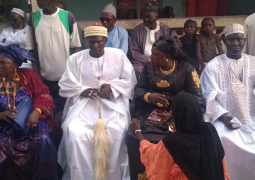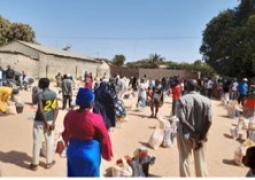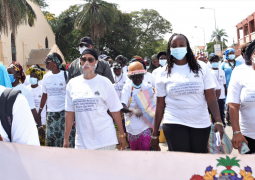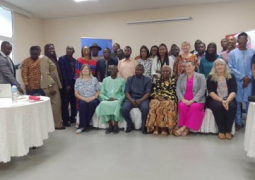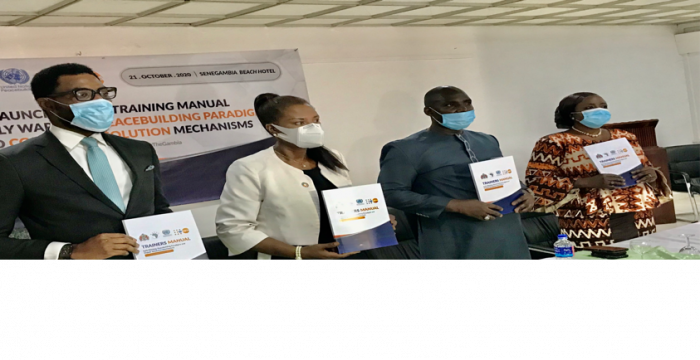
In 2019, the UNFPA through the Peace Building Fund supported a 14-day training of trainers on early warning systems, peace building and dispute resolution mechanisms for selected actors in The Gambia through WANEP -The Gambia.
The manual fulfills one of the recommendations from the conflict and development analysis of 2019 and it contains guidance to build the capacity of national trainers and facilitators in conducting standard training sessions on conflict resolution and peace building.
Assan Tangara, permanent secretary at the Ministry of Interior said the manual whichis vital, as strengthening effective local mechanisms for dispute resolution is a concrete step towards conflict prevention in The Gambia.
The Gambia, he said, is considered as one of the most peaceful countries.
“However, 22 years of autocratic rule has given rise to mistrust, division among ethno-linguistic groups and broken social cohesion.”
This, he added, has resulted in The Gambia experiencing wide range within political and social reforms.
PS Tangara went on to reaffirm government’s commitment to promoting conflict resolution, peace building through reconciliation in a bid to maintain law and order in the country.
He further stated that the government is also committed to ensuring that marginalised people are empowered to exercise their rights to political participation, freedom of expression, information and assembly among others.
“It is evident that the realisation of these rights is a direct enabler of peace.” he said.
Ms Seraphine Wakana UN resident coordinator in The Gambia described the manual as timely, noting that strengthening of national capacity for peace and conflict prevention is at the heart of the United Nations.
The lead role of WANEP, she added, is a clear indication of its commitment to investing in national capacities, pointing out that UN has been a key partner of government and civil society organisations in gender inclusive national processes for peace and social cohesion.
“Our support is focused on strengthening peace and development nexus while leaving no one behind for achievement of the national development plan and SDGs.”
She thus hailed their partnership with government through the Ministry of Interior.
“The ministry is leading national and international partners in consultations to bring together all the pieces of peace building support. The UN is here to support and will continue to accompany the national partners to promote the peace and stability in the country.” she concluded
Kunle Adeniyi UNFPA The Gambia Country representative, said the training offered through the manual would provide trainees with skills and tools needed to monitor and report potential conflict triggers, which would strengthen early warning systems in order to prevent violence and promote peace for development and social cohesion.
“With the upcoming 2021 electoral cycle, it is indeed timely that standard training on early warning systems and peace building is adopted and embedded,” he added.
The demographic transitional period in The Gambia, he explained further, has evidenced relative vulnerabilities due to bad governance, perpetration of human rights violations by the former regime, low awareness on civil, political and social rights among others.
He thus underscored the importance of peace, describing it as critical bedrock of any development process.
“It does not mean the absence of conflict but rather the early identification of conflict triggers and their amicable resolutions through dialogue, education and human intervention.” he noted.


